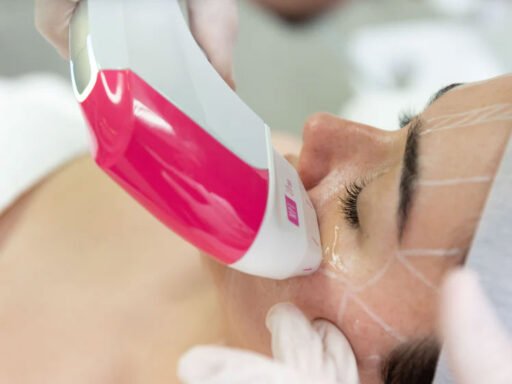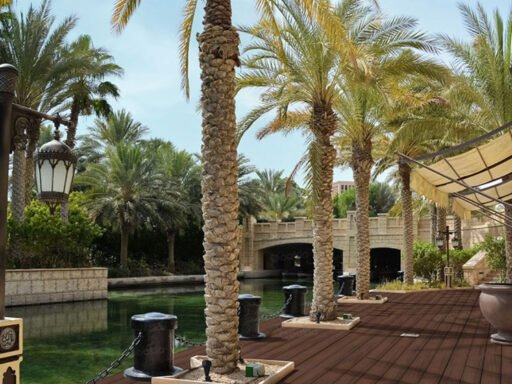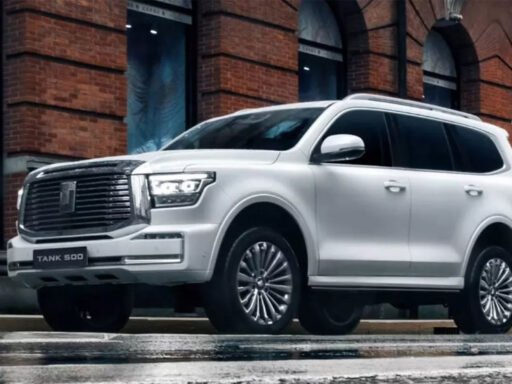The appeal of simplicity and minimalism has led many people to reevaluate their living arrangements, which has raised demand for compact residences on wheels. It is difficult to find the financial benefits, independence, and freedom of this special lifestyle in typical homes. In this article, we’ll look at a few of the things that make buying a tiny house on wheels the greatest choice for a happy existence.
Embracing a Nomadic Lifestyle
The greatest advantage of living in a tiny house on wheels is getting to travel without commitment to a fixed location. Your mobile home goes with you, whether you’re setting up amid the beautiful scenery of the Pacific Northwest or soaking in the warm climes of the South. If you’re on the hunt for a vehicle that matches your lifestyle needs, especially for towing a tiny house or finding an integrated RV solution, looking at an auto auction in Michigan could help you find the perfect match. Their selection includes robust trucks, sturdy SUVs, and versatile RVs, each designed for long travels and significant towing capacities.
To keep your small house mobile, selecting the appropriate vehicle for the job is crucial. Here are some excellent choices:
- Ford Expedition: Renowned for its roomy cabin and strong engine, which make it ideal for pleasant travel and efficient hauling.
- Chevrolet Suburban: Known for high performance and excellent towing capability, this model is practical for those who travel frequently.
- Ford F-150: A robust vehicle capable of transporting large loads across varied terrains and distances.
- RAM 1500: Offers a smooth and pleasant long drive experience by combining power and elegance.
Alternatively, considering an RV can offer a comprehensive living and travel solution on wheels. Models like the Winnebago Minnie Winnie provide compact luxury, the Thor Four Winds offers a family-friendly layout, and the Airstream Basecamp is perfect for those seeking adventure with its easy mobility and full range of amenities.
Cost Efficiency
Another important advantage of choosing a tiny house on wheels over a traditional home is financial independence. Because tiny houses are frequently significantly less expensive than regular ones, you may be able to save more money and allocate it to other pursuits like hobbies, travel, and other interests. Furthermore, maintaining a compact house comes at a significantly reduced cost, which includes:
- Maintenance: Because tiny houses require less square footage and fewer appliances, they require less money for upkeep.
- Taxes and Utilities: Over time, smaller areas might result in significant savings since they pay less in property taxes and utility expenses.
Living expenditures can be decreased, which can increase one’s financial security and allow one to invest in experiences rather than simply real estate.
Strategic Asset for Diverse Income Streams
For savvy home buyers, a tiny house on wheels offers a unique investment opportunity beyond typical homeownership. These mobile homes can serve dual purposes: a cozy primary residence and a potential source of passive income. Owners can rent them out on platforms like Airbnb when not in use, creating an additional revenue stream. This flexibility makes tiny houses particularly appealing for those entering the real estate market or planning for versatile retirement options. By leveraging a tiny house as both a living space and an income-generating asset, buyers can maximize their investment in innovative ways.
Environmental Impact
Mobile tiny homes are an additional alternative for eco-friendly living. Because of their compact size, they take less material to manufacture, less energy to heat and cool, and have a lower carbon impact overall. A lot of owners go above and beyond sustainability by adding:
- Solar Panels: To reduce reliance on traditional energy sources.
- Composting Toilets: To minimize waste.
- Rainwater Collection Systems: To conserve water.
This approach fosters a closer bond with nature and a more sustainable way of life in addition to benefiting the environment.
Community and Simplicity
Living in a tiny house often leads to a simpler life. With less space, owners are compelled to prioritize possessions, keeping only what is necessary or truly valued. Beyond the physical realm, this mental decluttering frequently results in reduced stress and increased clarity regarding one’s aspirations and goals in life. In addition, the small home community is well-known for its encouraging and like-minded members, many of whom have a passion for exploration, simplicity, and the environment.
Versatility and Customization
The option to customize tiny dwellings to your own tastes and needs is one of its most alluring features. Unlike regular homes, which could have peculiar features or floor layouts, a tiny house can be specifically customized to fit your tastes and lifestyle. Every available space in your tiny house can be designed to optimize comfort and functionality, whether you require a spacious kitchen for creating elaborate meals, a modest workspace for working from home, or a peaceful reading area.
Legal Considerations
Even if there are many advantages, it’s crucial to take into account the zoning laws and rules pertaining to tiny houses on wheels. Local laws differ greatly from one place to the next; some embrace the small house movement, while others impose stringent regulations. In order to be sure your new house conforms with all requirements and you won’t encounter unforeseen legal difficulties, do your homework on local laws and consider meeting with zoning officials before committing to this lifestyle.
Essential Buyer’s Guide: Embracing the Tiny House Lifestyle
For potential home buyers, transitioning to a tiny house on wheels involves several important considerations beyond the initial purchase.
Lifestyle Adjustment
Buyers must first assess their willingness to adopt a minimalist lifestyle, which includes significantly downsizing possessions and living space. This shift requires careful consideration of what is truly essential for daily living and comfort.
Logistical Planning
The mobility of a tiny house offers freedom but also comes with logistical challenges. Buyers should evaluate the costs associated with mobile living, including the availability and expense of parking locations or community fees in tiny house-friendly areas. Regular travel may also necessitate a robust support system for maintenance and location scouting.
Market Understanding
Understanding the resale value and market demand for tiny houses is crucial. Unlike traditional homes, the tiny house market can fluctuate more unpredictably. Potential buyers should conduct thorough market research and possibly consult with real estate professionals who specialize in alternative living spaces.
Preparation and Support
Speaking with knowledgeable financial advisors and experienced tiny house builders who are familiar with the subtleties of this specialized market can provide priceless insights. These experts may assist in making sure that purchasers make well-informed choices that complement their financial and personal objectives, easing the transition to a simpler, more mobile lifestyle.
Conclusion
A small house on wheels epitomizes a simple life of adventure and independence. It puts across the financial benefits of reduced carbon footprint, enjoyment from designing one’s own surroundings, and saves the environment by simply living. Being able to travel without leaving your home behind is just one of the great advantages of living in a tiny house on wheels. For someone seeking a unique living arrangement that brings into focus life experiences and self-improvement over material gain, a tiny house on wheels could be just about the best thing.





